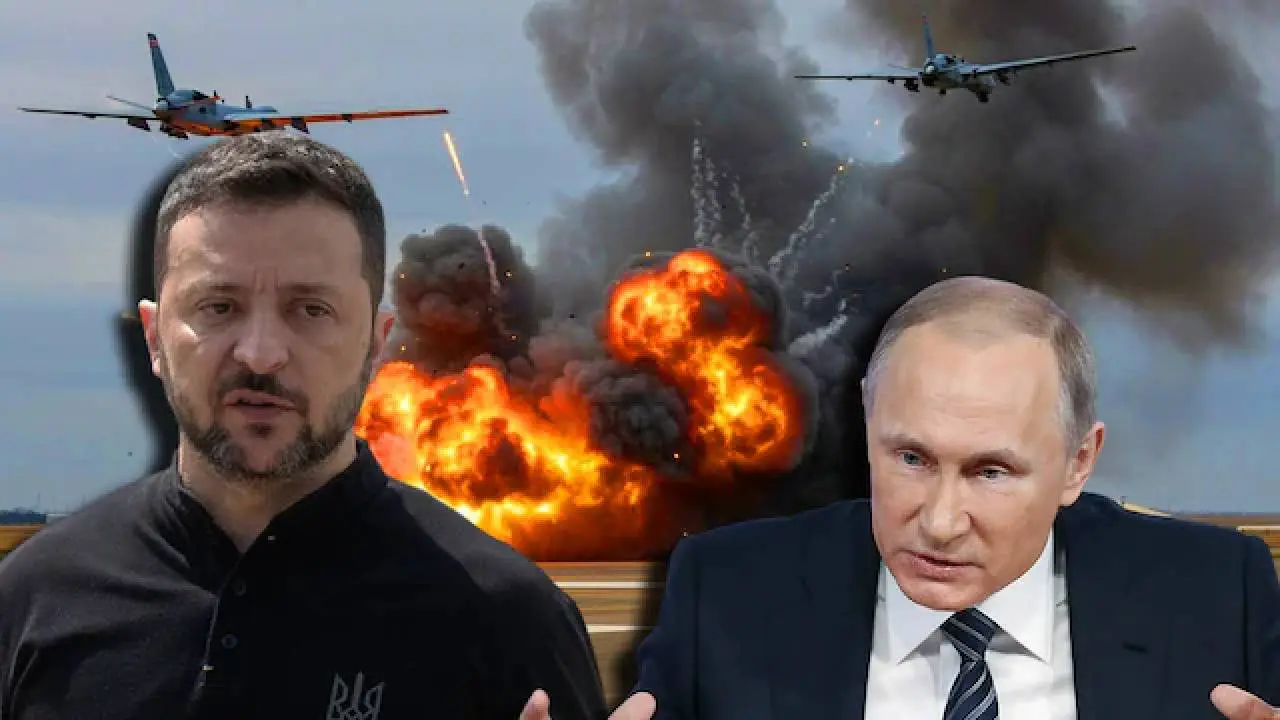
Russia, Ukraine
International News: Russia’s ongoing war with Ukraine has reshaped global security dynamics, with catastrophic military losses weakening Moscow’s dominance. Over one million Russian soldiers have reportedly died, forcing the Kremlin to seek support from unlikely allies like North Korea. Pyongyang’s involvement, especially in the Kursk region, signals a deepening military partnership that alarms Western powers. As the conflict escalates, global pressure is mounting to prevent further destabilization. The war is no longer just regional—it’s a strategic faultline affecting Asia, Europe, and beyond. The stakes have risen sharply for military balance and international peace.
Ukraine’s General Staff reports that since the war began in February 2022, Russia has suffered over 1,007,000 casualties—killed or wounded—with around 1,040 soldiers lost in just the last 24 hours. Meanwhile, the battlefield equipment toll is catastrophic: nearly 11,000 tanks, over 22,000 armored vehicles, more than 52,000 military transport units, and thousands of drones, artillery systems, and missile launchers have been destroyed. This roller‑coaster of losses has left Russia scrambling for manpower—and morale.
With its forces depleted, Moscow is now looking to Pyongyang for backing. Russian state media say North Korea is deploying 5,000 personnel—including 1,000 sappers and 4,000 engineers—to the Kursk region. Last year, North Korea had already sent about 10,000 troops, half of whom reportedly became casualties. The latest reinforcement marks a deepening military partnership, with DPRK helping on the ground and gaining political leverage in return.
Russia’s unexpected move stems from both military and strategic needs. Battalions are dwindling, weapon stocks are dwindling, and Western sanctions bite harder by the day. North Korea's aid helps plug gaps and keeps Putin's campaign alive, while giving Kim Jong Un economic and technological concessions in return—fueling a troubling cycle of mutual dependence.
Sending laborers and specialists to Kursk shows Moscow's current needs—it’s less about combat-fighting soldiers and more about engineering, demining, and rebuilding war-shattered regions. But Ukrainian commanders warn that the DPRK force could be redirected to front-line combat if required—turning what looks like logistical help into deeper military engagement.
estern leaders, including those in South Korea, NATO, and the EU, have condemned Moscow and Pyongyang’s alliance—calling it a dangerous escalation that internationalizes the conflict. G‑7 summits and UN briefings are raising alarms. Any DPRK combat deployment crosses a new threshold: Redrawing lines in geopolitics and raising pressure for broader sanctions and military support to Kyiv.
Despite the human cost, Moscow remains undeterred—pushing for battlefield gains near Kharkiv and east Ukraine. Yet the addition of DPRK troops signals new escalation and raises complex questions: Will more authoritarian allies follow? Can Ukraine—and the world—respond before the prism fractures further?





Copyright © 2026 Top Indian News
